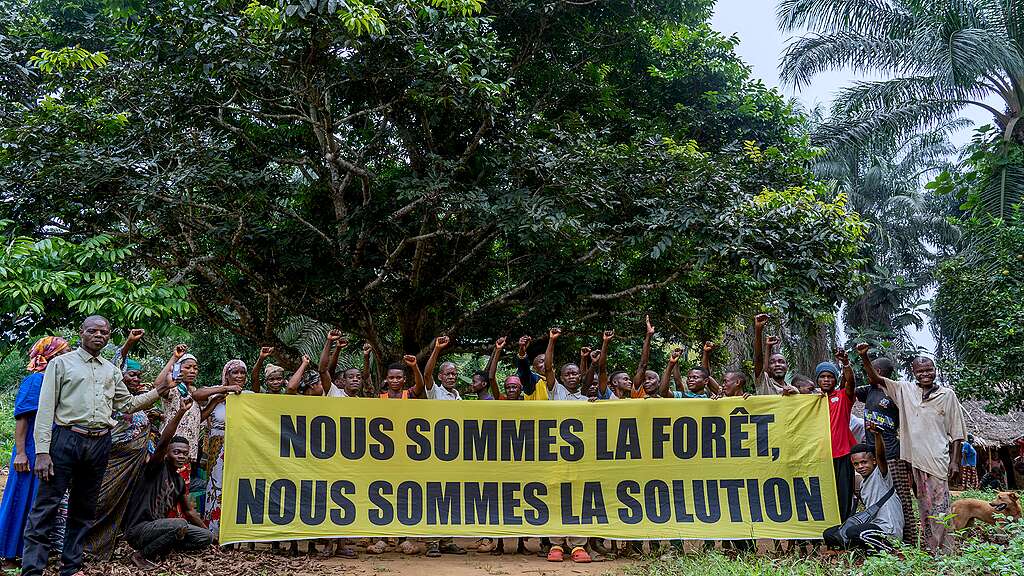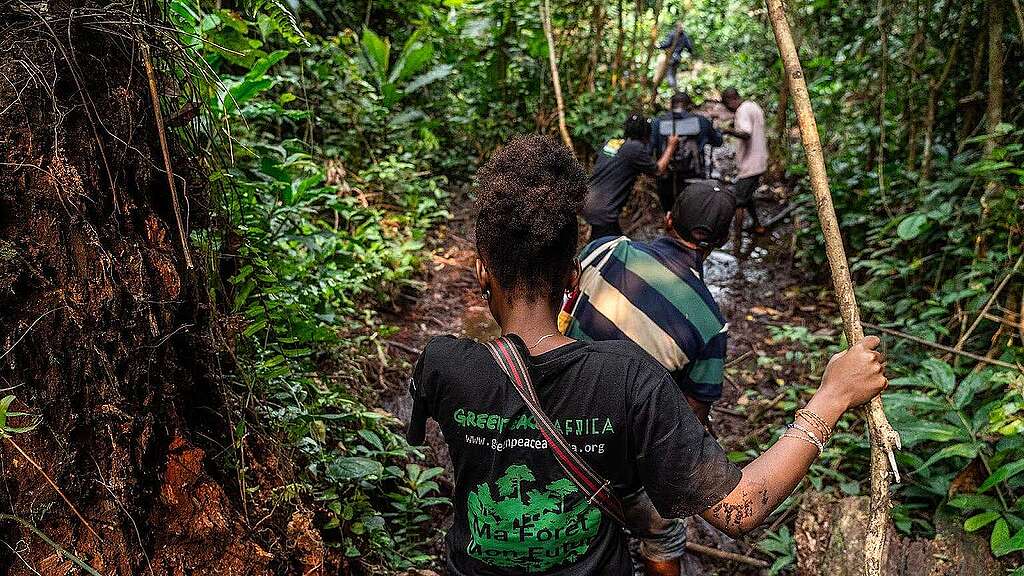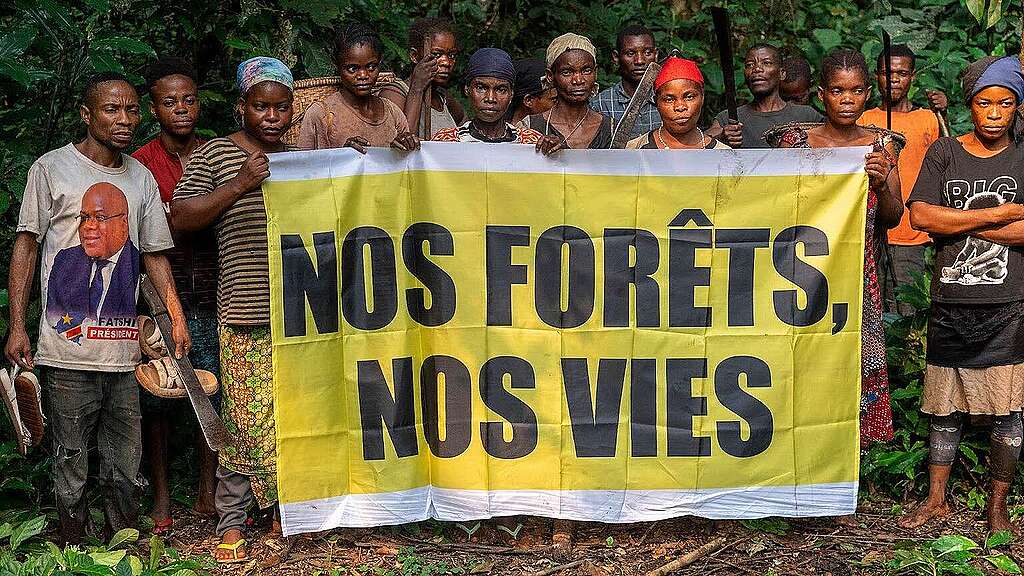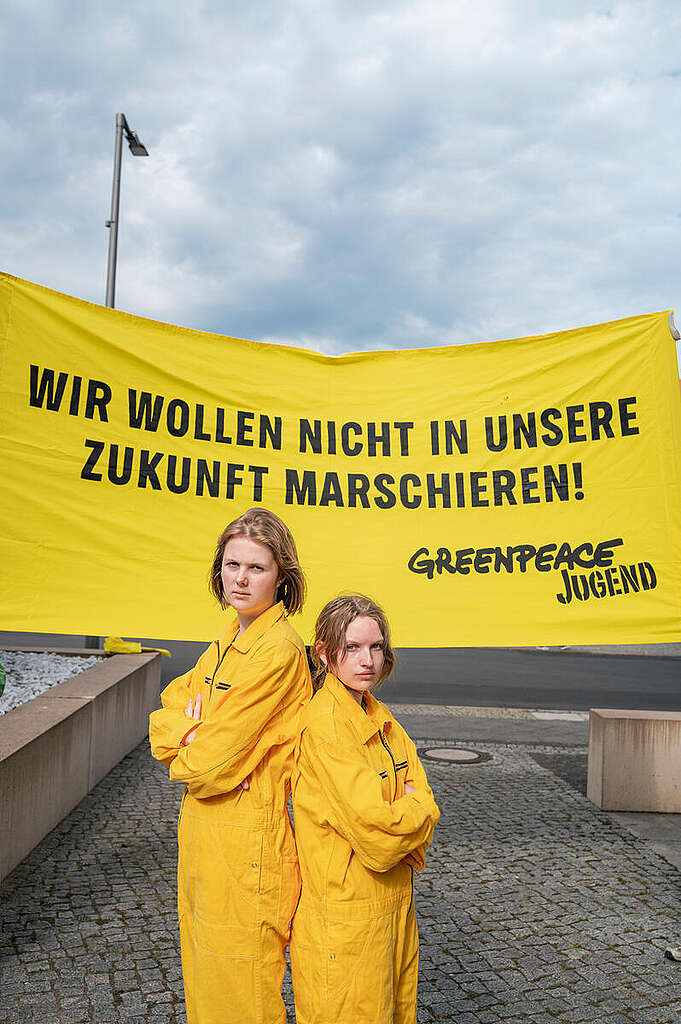We found hope in worrisome times
Texte intégral (3156 mots)
Every day, every hour, you click on news that is stressful, overwhelming, and disheartening. Even as one remains committed to witnessing what is happening the world over, it seems equally important to feel powerful and hopeful in the face of so much bad news.
That collective sense of doom can be verified with data when market research company IPSOS releases its What Worries the World survey, revealing where global anxieties lie. In the recent August 2025 survey report, the top five concerns across 30 countries were crime & violence, inflation, poverty and social inequality, unemployment, and corruption.
These data points matter, of course. But perhaps the surveys we often don’t find are the ones asking the question “What Gives the World Hope?”. It’s a valid and crucial question. In times of such extremes, hope remains as one of the important possibilities for change, a declaration that all is not lost.
I, like many others I assert, derive hope from taking action and witnessing the action of others. Let me walk you through a few examples of how local communities are turning worry into hope in action.
Local-led solutions: building grounds for hope
When inflation squeezes budgets and the cost of living makes it hard to put food on the table, farmers’ cooperatives in Morocco and Egypt step in, empowered to produce food in their communities in sustainable, equitable, and inclusive ways.

As small-scale farmers worked together to form a regional social and cooperative economic entity, they are upscaling a women-led chili-pepper production into a regional cooperation and movement that hoped to transform the policies in the countries they operate.
In places where housing seems like a privilege rather than a basic need, housing cooperatives, such as Kampung Akuarium in North Jakarta, provide a solution. The residents, who were once victims of forced eviction in 2016, rebuilt their lives and were allowed to return. The “kampung” (neighborhood) built “kampung susun” (stacked vertical kampung) an appropriate design that fits their needs and customs.

Aside from provisioning shelter needs, the neighbourhood cooperative ventured into small-scale businesses, such as catering, laundry, and renting out shops. These gave additional income that the neighbourhood was able to distribute to the community in support of other basic needs such as electricity, water, and building maintenance. The efficacy of the alternative system led to replication in several urban poor communities across Jakarta and even inspired Rujak Center for Urban Studies to apply it to its mid-rise housing in Jakarta.
When economic growth fails to provide basic services for the people, a traditional system of money management in Africa, known in many names such as “njangi”, “tontine”, “stokvel”, “pari”, “sousou”, “ajoh”, and “family lottery”, serves as a safeguard.
These community-based systems represent a vast informal economy. They support families through tough times, helping them to put children to school, and offering opportunities to improve people’s lives who are often excluded from formal systems offered by banks and the state.
These grassroots efforts are not just responses—they are vibrant embodiments of hope in action are reshaping the economy—tackling housing, food, and fairness head-on, while giving policymakers a blueprint for real change.
Explore our map (full screen) to discover how local-led solutions are making a global impact.
Your turn: What brings you hope?
We at Greenpeace, invite you to look around you, reflect and share with us: what brings you hope in the world right now? Is it a youth-led enterprise initiative? A collective transforming how cities and communities become more resilient to the climate crisis? Is it a labor union advocating for a fair share of profit and a just working environment? A solidarity economy model creating equitable opportunity?
We believe a thriving economy and a healthy planet can go hand in hand together. Now, we’d love to hear from you: what’s a win-win idea for the planet and the economy? Share your hopeful thoughts through the form below.
Rhea Jane Mallari is a Wellbeing Economy Project Lead at Greenpeace International
We, the Indigenous People of the forest, refuse to be ignored any longer
Texte intégral (1728 mots)

Every year on August 9, the world briefly turns its gaze toward Indigenous People. Our cultures are celebrated, our songs and painted faces put on display. And then, silence returns. Behind the cliche, our communities remain marginalised, dispossessed, and forgotten. This must end.
I am Valentin Engobo Mufia, a son of Lokolama, a land nestled deep within the equatorial forest of the Democratic Republic of Congo. I have witnessed my people treated as strangers on their own ancestral lands. Our ancestral knowledge is dismissed, mocked, or exploited. My tribe, the Tshwa, has lived in harmony with the forest for generations. We know its plants, its spirits, its secrets. And yet, in the minds of many decision-makers, we are still seen as “sub-citizens,” obstacles to development, shadows in the trees.

Indigenous communities challenging the status quo
My grandfather was one of the first in our region to challenge this invisibility, refusing to accept the submissive role imposed by colonial powers and local elites. He opened a path. Today, I continue that fight. Not for myself, but so that my children and their children may one day walk in a living forest, with their heads held high.
Because it is not only our culture that is under threat. It is also your future. The peatlands we have protected for centuries are among the most vital carbon sinks on earth. They are a natural barrier against climate chaos. And yet, instead of listening to us, we are sidelined. We are denied land rights over territories we have safeguarded for generations. Destructive projects continue to be approved without our consent, sometimes even in our name, but without our presence.

I have taken this fight to the highest levels, even filing a complaint against the World Bank for harmful policies imposed on our lands. This is more than a political battle. It is a fight for survival, for dignity, for the right to exist without having our identity erased or hijacked by others.
Today, we no longer accept symbolic gestures or hollow promises. We demand:
- Clear, international legal recognition of our rights
- Direct and structured access to climate finance
- Training and education tailored to our context
- And most importantly, full inclusion in all development policies and decisions
Indigenous People’s role in climate talks
Indigenous People will no longer be reduced to decorative roles in climate talks or NGO reports. We are not props in the environmental movement – we are its frontline defenders. And we demand to be respected and treated as such.

Yes, I fear that some actors will continue to speak on our behalf, capturing funds meant for us without ever involving us. But I still believe in the prophecy that has long circulated among our people: “The people of the forest will reclaim their voice and light the way for others.”

Protecting the forest doesn’t mean locking it away. It means using it with reverence and responsibility. We have always done that. Now it’s time for public policies and international institutions to do the same. It’s time for leaders to support projects born within our communities, to truly protect our ancestral lands, and to regulate the ruthless exploitation of natural resources.
Because in the end, we are one with the forest. And as long as we stand, we will fight for it, for ourselves, for you, for the future.
Valentin Engobo Lufia is representative of the Tshwa Indigenous People of Lokolama, DRC.
Guest authors work with Greenpeace to share their personal experiences and perspectives and are responsible for their own content.
Take action now to protect the Congo Basin.

This story was originally published by Greenpeace Africa for the International Day of the World’s Indigenous Peoples (9 August). More stories from the Congo Basin forest available on Greenpeace Africa’s ‘travel diary from the Congo Basin’ blog series.
Greenpeace Pictures of the Week
Texte intégral (4113 mots)
From an air pollution protest in South Africa to a blockade in New Zealand, to a garbage mountain protest in Germany, here are a few of our favourite images from Greenpeace’s work around the world this week.
 South Africa -Greenpeace activists and communities living in some of South Africa’s most polluted regions staged a powerful peaceful protest outside the Department of Forestry, Fisheries and the Environment (DFFE) in Pretoria to denounce South Africa’s deadly air pollution crisis and demand urgent governmental action.
South Africa -Greenpeace activists and communities living in some of South Africa’s most polluted regions staged a powerful peaceful protest outside the Department of Forestry, Fisheries and the Environment (DFFE) in Pretoria to denounce South Africa’s deadly air pollution crisis and demand urgent governmental action.
 Germany – Greenpeace activists stage an impressive image for more environmental protection. A kayak disguised as the Titanic heads straight for an iceberg of packaging waste around three meters high in the harbour basin of Muenster. The scene is accompanied by activists on stand-up paddleboards with banners. The action is part of a campaign for a municipal packaging tax and is intended to send a strong signal for more environmental and resource protection.
Germany – Greenpeace activists stage an impressive image for more environmental protection. A kayak disguised as the Titanic heads straight for an iceberg of packaging waste around three meters high in the harbour basin of Muenster. The scene is accompanied by activists on stand-up paddleboards with banners. The action is part of a campaign for a municipal packaging tax and is intended to send a strong signal for more environmental and resource protection.

 Germany – In front of the Ministry of Defence, Greenpeace Youth protests with a five-square-metre banner reading ‘We don’t want to march into our future’, together with the German Peace Society – United War Resisters (DFG-VK), against the foreseeable reintroduction of compulsory military service.
Germany – In front of the Ministry of Defence, Greenpeace Youth protests with a five-square-metre banner reading ‘We don’t want to march into our future’, together with the German Peace Society – United War Resisters (DFG-VK), against the foreseeable reintroduction of compulsory military service.
 New Zealand – During the second day of the meeting of the Global Ocean Treaty Preparatory Commission, Greenpeace held an event at the United Nations Headquarters in partnership with activists, scientists and indigenous community members. Together, they made the case for large new protected areas of the high seas in the Atlantic and across the globe, which could help to reach the 30 by 30 target. The event, featuring panellists from Bermuda, Nigeria, and Canada, demanded integrity in recognising and empowering local and Indigenous rights, allowing for co-governance rooted in both scientific and traditional knowledge. This grounded, inclusive approach will ensure these Marine Protected Areas are both ecologically robust and socially just.
New Zealand – During the second day of the meeting of the Global Ocean Treaty Preparatory Commission, Greenpeace held an event at the United Nations Headquarters in partnership with activists, scientists and indigenous community members. Together, they made the case for large new protected areas of the high seas in the Atlantic and across the globe, which could help to reach the 30 by 30 target. The event, featuring panellists from Bermuda, Nigeria, and Canada, demanded integrity in recognising and empowering local and Indigenous rights, allowing for co-governance rooted in both scientific and traditional knowledge. This grounded, inclusive approach will ensure these Marine Protected Areas are both ecologically robust and socially just.

 Sweden – “Amazonia” travelling letters projection show at Gustaf-Adolfs Square in Gothenburg.
Sweden – “Amazonia” travelling letters projection show at Gustaf-Adolfs Square in Gothenburg.
Greenpeace brings the Amazon to the heart of Europe through a powerful street-level action: giant AMAZONIA letters touring major cities. Through emotional messages, video projections, and Indigenous voices, the action calls for urgent climate justice and forest protection — ahead of the historic COP30 in Belém.
Greenpeace has been a pioneer of photo activism for more than 50 years, and remains committed to bearing witness and exposing environmental injustice through the images we capture.
To see more Greenpeace photos and videos, please visit our Media Library.
